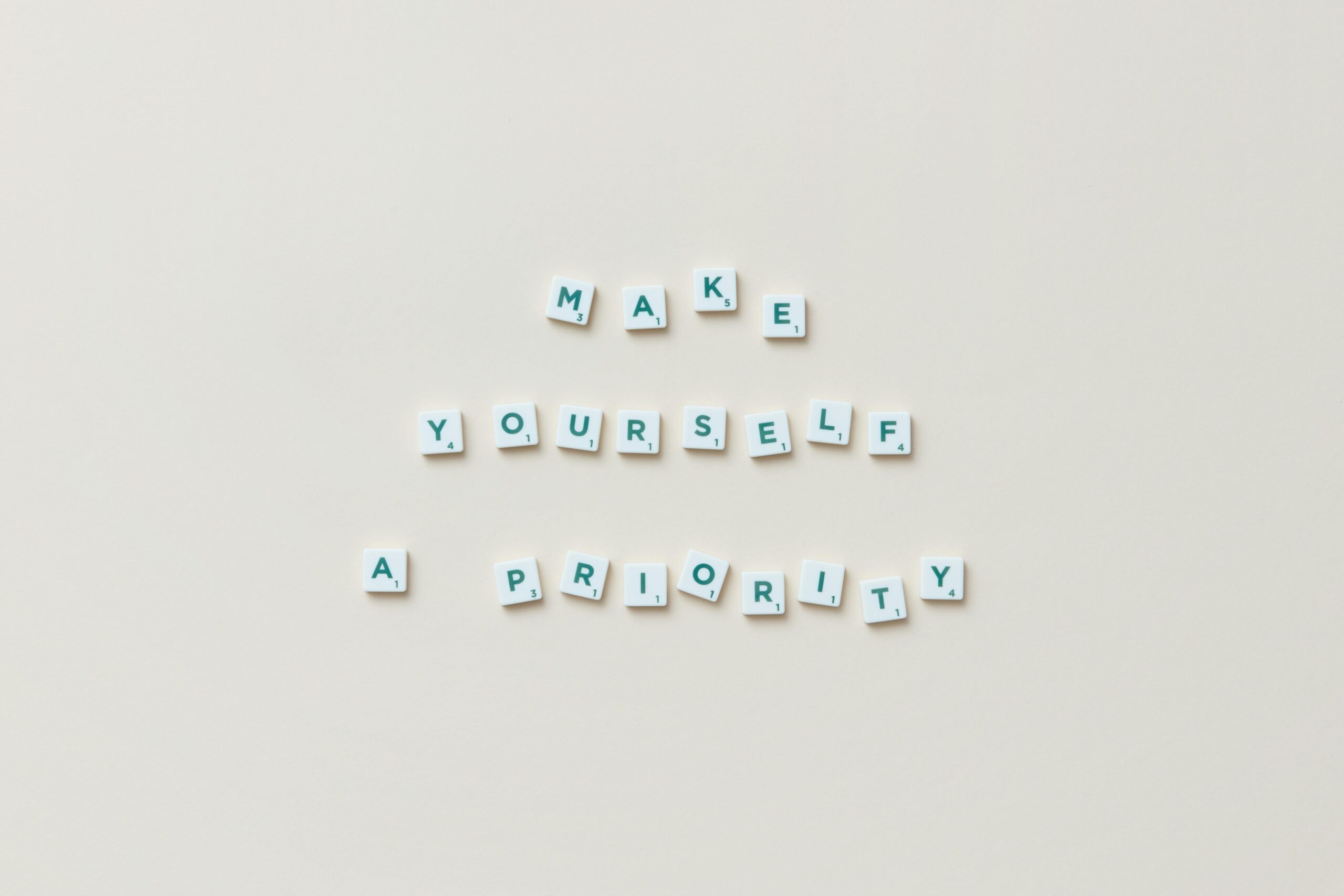Teaching is a high-energy profession that demands focus, stamina and quick thinking throughout the day. Yet many educators neglect one of the simplest tools to enhance energy and mood: nutrition. What we eat directly impacts our energy levels, mental clarity and resilience, making it critical for teachers to fuel their bodies wisely. Understanding the Energy-NutritionRead More…
Overcoming Teacher Guilt: Prioritizing Your Wellbeing
Teacher guilt often stems from the belief that self-care takes time away from students. However, prioritizing your wellbeing makes you a more effective educator. Many teachers feel guilty when they take time for themselves, believing it detracts from their commitment to students. However, neglecting your wellbeing doesn’t serve anyone in the long run. The RootsRead More…
How to Set Boundaries to Protect Your Time and Energy
Teachers often feel the pressure to be “always available,” but setting boundaries is crucial for sustainability. Start by identifying areas where overcommitment is draining you, like answering emails late at night or taking on extra tasks. Setting boundaries is essential for teachers who want to maintain their energy and effectiveness. However, many educators struggle withRead More…
Mindfulness in the Classroom: Techniques for Teachers and Students
Mindfulness benefits both teachers and students by fostering focus, calmness, and resilience. For teachers, practicing mindfulness can reduce stress and improve classroom management. For students, it helps with emotional regulation and focus. What is Mindfulness? Mindfulness involves focusing on the present moment without judgment. It’s about being fully engaged with what you’re doing, whether it’sRead More…
Creating a Self-Care Routine That Fits Your Busy Teaching Schedule
Self-care often feels impossible for teachers balancing packed schedules, lesson planning, and personal responsibilities. However, even small changes can make a difference. Start by scheduling non-negotiable “me time” daily—even if it’s just 15 minutes. Choose activities that recharge you, like journaling, yoga, or a quick walk. Simplify your routine by pairing self-care with existing habits,Read More…










